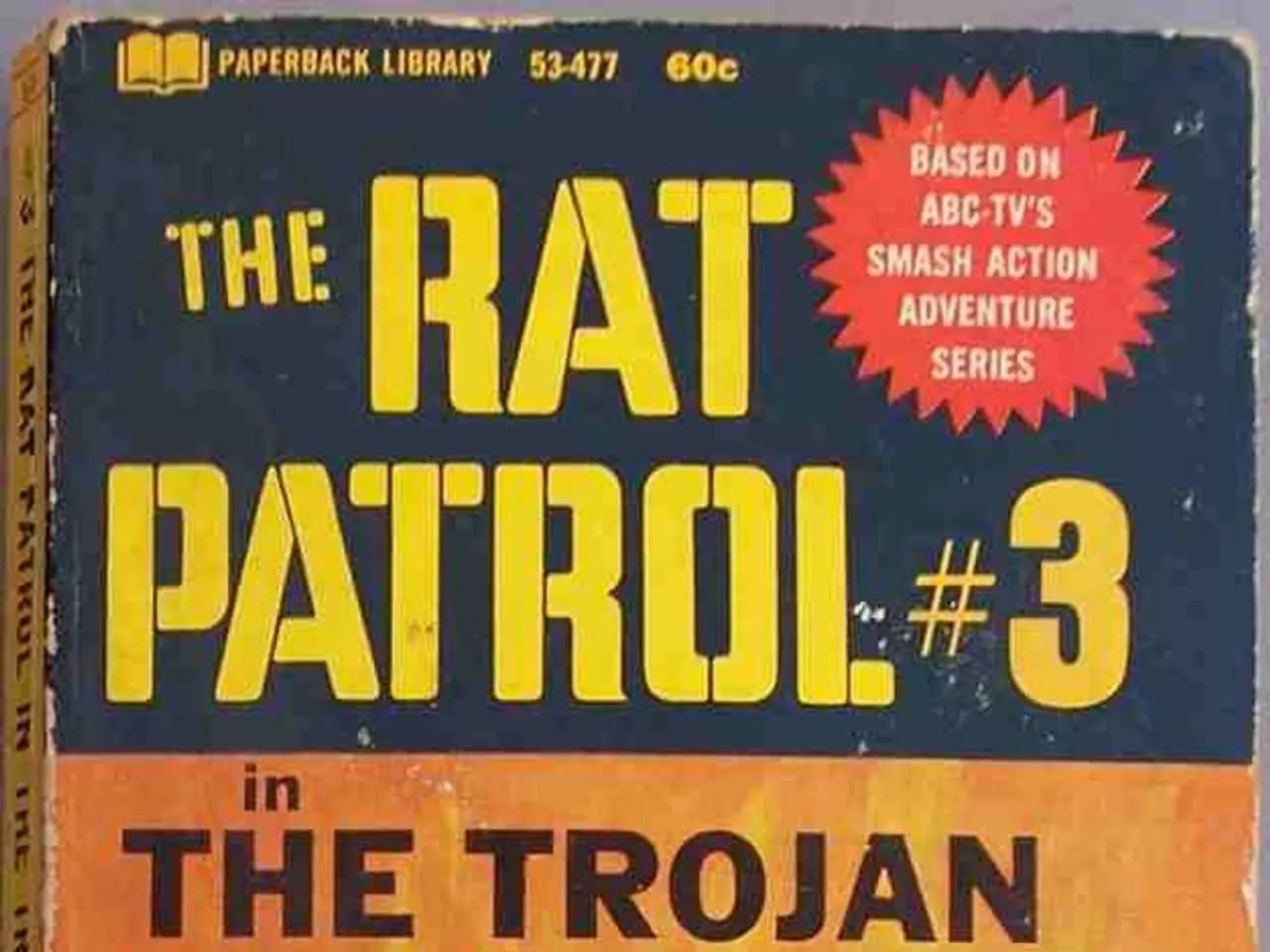States Contemplate Altered Approaches to Sports Betting Advertisement Regulations: A Perspective from Four Different Jurisdictions
Sports Betting Regulation: A State-by-State Perspective
The buzz in the sports betting industry isn't about the NFL Draft, Nikola Jokic's potential MVP three-peat, or the World Series contenders. Instead, it's the ongoing discussion about the extent of operator leeway when it comes to advertising their legal product. This topic is dominating chats among industry insiders, with different states taking various approaches to address the issue.
Recently, four chief regulators gathered at the Seton Hall Law "Gaming Law, Compliance, and Integrity Bootcamp" in Newark, New Jersey. They presented four distinct viewpoints on handling the advertising dilemma, ranging from a top-down approach to a more laissez-faire style of regulation.
Robert Williams, executive director of the New York State Gaming Commission, exemplified the "top-down" perspective. In response to concerns about advertising. Williams' commission has proposed new rules for advertising in New York, which will undergo a 60-day period of public comment. "It also seeks to ban operators from advertising on any form of media where there is a reasonably foreseeable percentage of the composition of the audience that is persons under the minimum wagering age."
Williams acknowledged that operators will have their say during the public comment period. However, he noted that the commission did not consult the operators before enacting the regulations.
Meanwhile, New Jersey has adopted a different approach to handling the advertising fuss. "When it comes to advertising, I believe at the end of the fourth quarter last year, into the first quarter of this year, there's been heightened scrutiny of advertising, in my mind driven by the volume of advertising," said David Rebuck, the director of the New Jersey Division of Gaming Enforcement. "It has led to many questions that New York is addressing through the regulatory process, same as other states."
Rebuck explained that New Jersey addresses issues through a dialogue with the industry, rather than imposing top-down regulations. "But in New Jersey, we took a different tack," Rebuck continued. "It's not a top-down approach, dictating what we believe is going to work, but instead it's presenting problems, getting industry input, and having a dialogue that often results in these new best practices that are then implemented at a certain time for everyone to adjust to and adopt."
Other states, like Pennsylvania and Colorado, are adopting a more measured approach. Kevin O'Toole, the executive director of Pennsylvania's gaming control board, stated, "We're looking at all these things. I think we'll wait and see what New York does, we'll wait and see exactly what Massachusetts does, and then we'll get together as a unit and see if the seven commissioners think any changes would be appropriate."
Dan Hartman, the director of Colorado's Division of Gaming, hopes for a hands-off regulatory approach. "Everyone was looking at it when we first started because of the volume of advertising," Hartman said. "But we're seeing a lot of the volume level out, and it's not so much about player acquisition but more player retention advertising."
Hartman emphasized the importance of industry self-regulation, stating, "The operators need to get together within their associations and work on those best practices so they're not being legislated, so they're not being regulated. They should be putting their best foot forward."
In conclusion, New York and other states are implementing advertising restrictions to promote responsible gambling, though specific regulations vary by state. New Jersey tends to involve the industry in the decision-making process, while Pennsylvania is adopting a wait-and-see policy. Colorado hopes to maintain a hands-off approach, relying on operators to develop best practices on their own.
Sports-betting operators in New York are proposing new advertising rules after concerns were raised, aiming to ban operators from advertising on media where there is a foreseeable percentage of the audience below the minimum wagering age. On the other hand, the New Jersey Division of Gaming Enforcement is taking a more collaborative approach, addressing industry concerns through dialogue and implementing new best practices.








